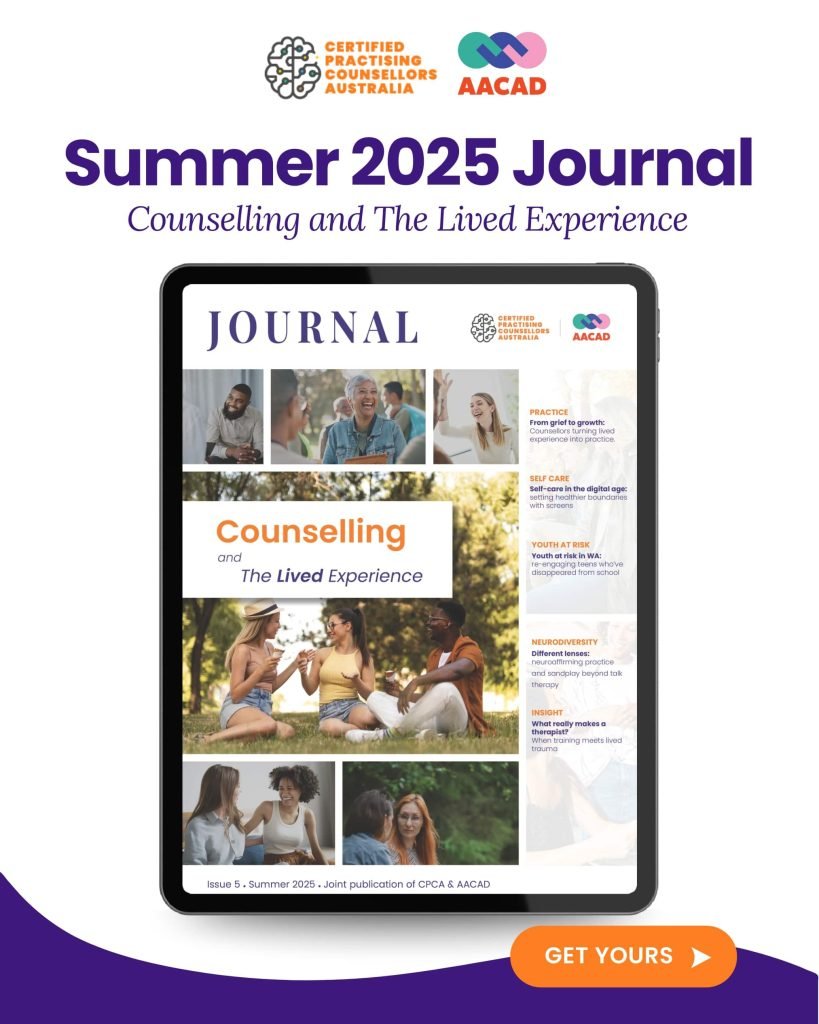
The Diagnostic and Statistical Manual of Mental Disorders, Fifth Edition, Text Revision (DSM-V-TR) is the authoritative guide for diagnosing mental health disorders in the U.S and is also used internationally as a research standard. Mental health research is always delivering new insights and evolving the field, and when a new version of the DSM is released, it addresses new findings along with changes to outdated information.
Some noteworthy changes include:
- Modifications to diagnostic criteria for clarification and to capture the experiences and symptoms more precisely
- Addition of a new disorder: prolonged grief disorder, a pervasive inability to move past grief over the loss of a loved one with symptoms severe enough to affect day-to-day functioning
- New symptom codes allowing clinicians to indicate presence or history of suicidal behaviour and nonsuicidal self-injury
There have been updates to the descriptive text for disorders after extensive review, and changes to terminology. The term “neuroleptic,” as applied to a class of medication, is now an outdated term emphasising side effects so will no longer be used except in the case of the widely used “neuroleptic malignant syndrome”. The terms replacing it depend on context; “antipsychotic medication” when referring to treatment of psychotic symptoms, and “antipsychotic medication or other dopamine receptor blocking agent” is used when referring to the broader pharmacological class, usually in the context of side effects. The term “desired gender” is now “experienced gender”, “cross-sex medical procedure” is now “gender-affirming medical procedure,” and the term “natal male”/ “natal female” is now “individual assigned male/female at birth”.
DSM-V-TR also includes a review of the impact of racism and discrimination on the diagnosis and manifestations of mental disorders. Responding to concerns from members in the mental health field that race, ethnoracial differences, racism and discrimination be handled appropriately in the DSM, the American Psychiatric Association (APA) had comprehensive reviews done by diverse groups of experts to address these factors that impact psychiatric diagnosis in DSM-V-TR. Here are some changes in the use of terms and language and why they have been altered:
- “Racialized” used instead of “race/racial” to highlight socially constructed nature of race
- “Ethnoracial” used in text to denote Hispanic, White, or African American and others that combine ethnic and racialized identifiers
- “Minority’ and “non-White” are to be avoided because they describe social groups in relation to a racialized “majority,” which tends to perpetuate social hierarchies
- “Latinx” is an emerging term that is now used in place of Latino/Latina to promote gender-inclusive terminology
- Caucasian is not used because of its basis on obsolete and erroneous views about the geographic origin of prototypical pan-European ethnicity
So, what does this all mean for you?
Well, if you are reading this and looking to become a counsellor, it means you should know you are entering an ever-evolving field and these types of updates are normal. You are probably already aware of the evolving nature of the mental health field which means you already know keeping up with additions and changes to definitions, criteria, nomenclature and how it can impact counsellors and clients is important. The DSM exists to help people in the field of mental health better define and classifies disorders, which can in turn improve diagnoses, treatment, and research.
For trained counsellors, the DSM can act as a guide that is available for use in different contexts, and it facilitates a common language across a complicated field of work. This will help define and classify disorders, improve diagnoses, and gain greater understanding between counsellor and client. It is important if you are a counsellor or looking to become a counsellor, to be familiar with the latest language and terms. Having this familiarity with new information and terminology makes for a more accurate and informed approach by a counsellor.



